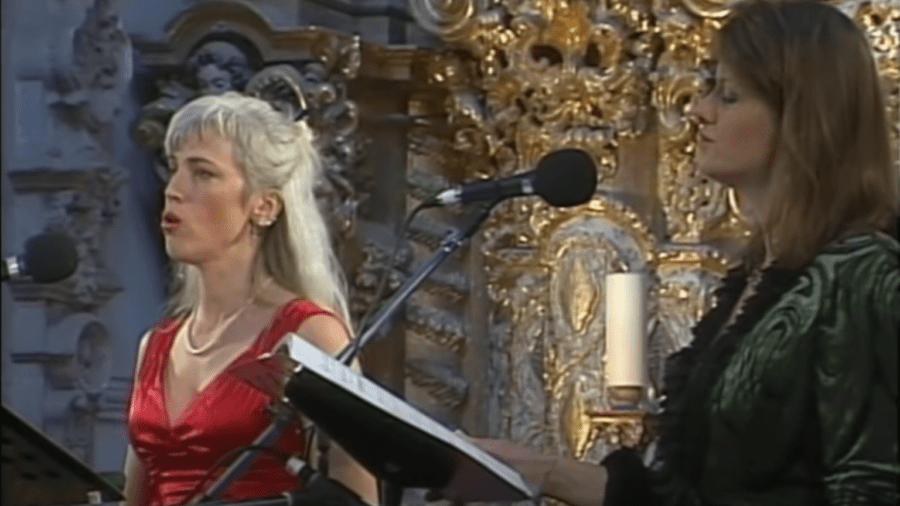Francine Prose9/13/2016 The Loser, David Lang’s beautiful and startlingly original opera, had its world premiere this month at the Brooklyn Academy of Music. Composed for a solo baritone, a chamber ensemble, and a concert pianist, the opera (Lang not only wrote the music but is also responsible for the libretto and the stage direction) has been adapted from the Thomas Bernhard novel of the same name—a book which, since its publication in 1983, has attracted an almost cultish following…
continue readingMonday, December 31, 2018
‘make peace’ performed by The Cathedral Choir of the Church of St. John the Divine
New York, NY
